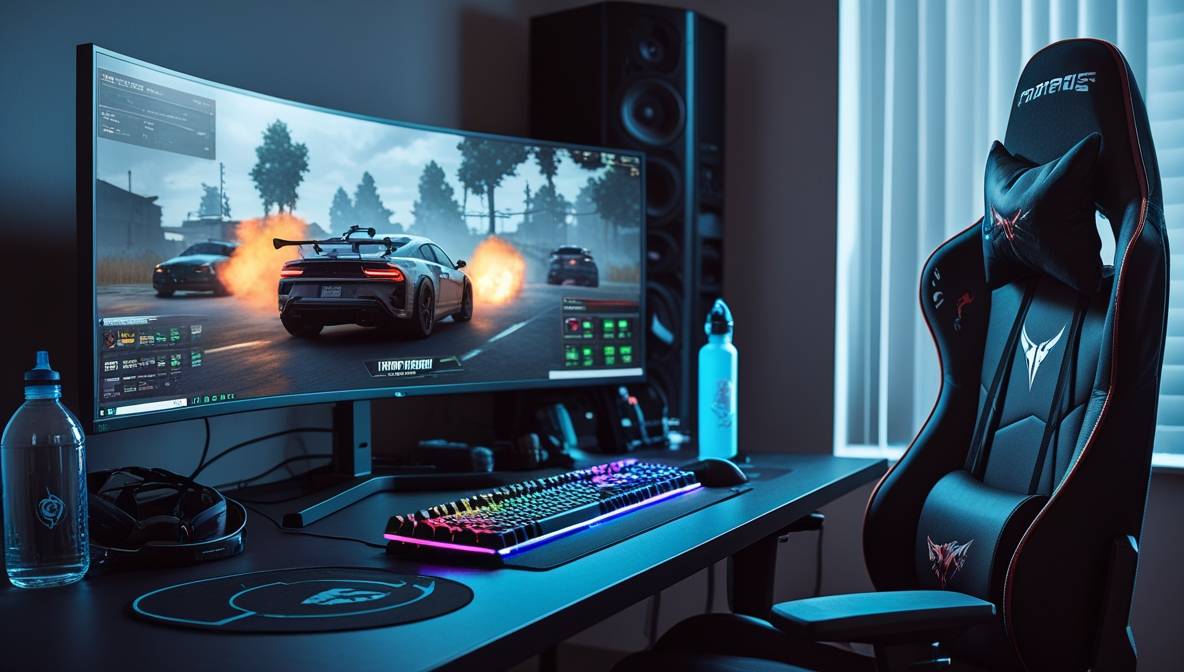Gaming excellence isn’t accidental—it’s a product of deliberate practice, strategic analysis, and mental resilience. Whether you’re climbing ranked ladders or preparing for esports tournaments, refining your skills requires a structured approach. At VipGame24, we’ve compiled actionable insights from top-tier gamers to help you level up your gameplay.
Master Core Game Mechanics
Every game operates on foundational mechanics that dictate success. Professional gamers prioritize mastering these basics before advancing to complex strategies.
Key Areas to Focus On:
- Controls & Input Precision: Customize keybindings or controller layouts for efficiency. Practice until movements become second nature.
- Rule Comprehension: Study in-game systems (e.g., damage multipliers, spawn timers) to exploit mechanics.
- Map Awareness: Learn layouts, choke points, and objective locations in competitive titles like CS:GO or League of Legends.
Pro Tip: Use training modes to isolate skills. For example, aim trainers like Aim Lab help sharpen accuracy in FPS games.
Build a Structured Practice Routine
Casual play won’t cut it for skill improvement. Pros dedicate hours to deliberate practice, targeting weaknesses systematically.
Sample Practice Schedule:
| Time Slot | Activity | Goal |
|---|---|---|
| 10:00 AM – 12:00 PM | Mechanic drills (aim, movement) | Improve reaction time by 15% |
| 1:00 PM – 3:00 PM | Ranked matches | Apply mechanics in real scenarios |
| 4:00 PM – 5:00 PM | Replay analysis | Identify positioning errors |
Avoid Burnout: Schedule 10-minute breaks hourly. Stretch or hydrate to maintain focus.
Cultivate Mental Resilience
High-pressure moments separate average players from champions. Develop a mindset that thrives under stress.
Mental Training Techniques:
- Mindfulness Meditation: Apps like Headspace improve concentration during marathon sessions.
- Post-Loss Rituals: Review losses without emotional attachment. Ask, “What could I have done differently?”
- Cognitive Reframing: Replace “I’m stuck” with “This is a chance to adapt.”
Case Study: Pro Valorant players use breathing exercises to steady aim during clutch rounds.
Analyze Gameplay Like a Pro
Record and dissect your matches to uncover hidden flaws.
Tools for Effective Analysis:
- In-Game Replays: Most competitive titles (e.g., Dota 2, Rocket League) offer replay systems.
- Stat Trackers: Platforms like Tracker.gg provide metrics on K/D ratios, objective control, and more.
- Community Feedback: Share clips on forums like Reddit’s r/ImproveYourGame for constructive critiques.
Pro Insight: Top Apex Legends streamers spend 30% of their day reviewing their own VODs and pro matches.
Optimize Physical Health for Gaming
Physical fitness directly impacts cognitive performance.
Gamer Wellness Checklist:
- Posture: Use ergonomic chairs (see our guide on choosing gaming chairs).
- Eye Care: Follow the 20-20-20 rule—every 20 minutes, look at something 20 feet away for 20 seconds.
- Nutrition: Snack on brain-boosting foods like nuts and blueberries during sessions.
Gear Up for Success
Your setup can make or break performance.
Budget vs. Pro Gear Comparison:
| Component | Budget Pick | Pro Upgrade |
|---|---|---|
| Mouse | Logitech G203 | Razer DeathAdder V3 Pro |
| Keyboard | Redragon K552 | SteelSeries Apex Pro |
| Monitor | AOC 24G2 | ASUS ROG Swift PG279QM |
| Headset | HyperX Cloud Stinger | Sennheiser GSP 600 |
External Link: For FPS optimization, explore settings guides on CrazyGames.
Engage with the Gaming Community
Collaboration accelerates growth.
Top Communities for Gamers:
- Discord Servers: Join official game channels or groups like Gamer’s Haven.
- Subreddits: r/Competitiveoverwatch, r/FortniteBR.
- Local Tournaments: Check platforms like Battlefy for events.
VipGame24 Resource: Learn team strategies in our esports category.
Final Thoughts
Elevating your gaming skills demands consistency, analysis, and adaptability. Implement these pro strategies, track progress, and stay engaged with communities like VipGame24. Mastery isn’t instantaneous—but with dedication, leaderboard dominance is achievable.

